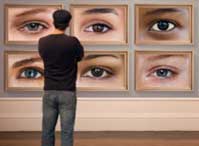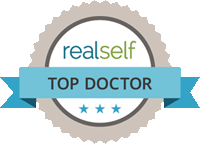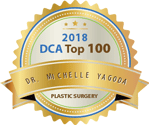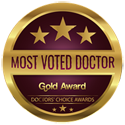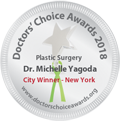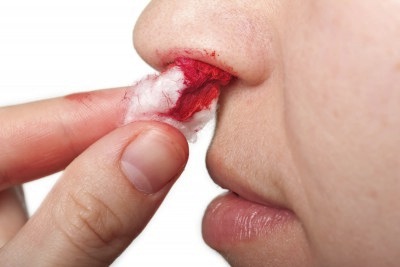 We’ve all had nosebleeds. They seem to come out of nowhere, ruining shirts, staining carpets, and scaring the daylights out of kids who have never had one before. Most of the time, nosebleeds are harmless, albeit dramatic, short-lived episodes. They don’t usually indicate that anything is seriously wrong. There are times, however, when they may signal something more. How do you know if you should seek medical attention?
We’ve all had nosebleeds. They seem to come out of nowhere, ruining shirts, staining carpets, and scaring the daylights out of kids who have never had one before. Most of the time, nosebleeds are harmless, albeit dramatic, short-lived episodes. They don’t usually indicate that anything is seriously wrong. There are times, however, when they may signal something more. How do you know if you should seek medical attention?
Anterior nosebleeds
Most nosebleeds originate from a burst blood vessel in the septum, the thin wall of bone and cartilage inside the nose that separates your nostrils and the two nasal passages. This type of nosebleed is called “anterior,” and when children and young adults get nosebleeds, they’re almost always of this variety. Most anterior nosebleeds are harmless, brief, and can easily be managed at home. To stop a nosebleed, the nostrils should be pinched toward each other and upward toward the nasal bones. The head should remain upright but slightly tilted forward (see below for more information on how to stop a nosebleed)! If the nosebleed doesn’t stop after about 10 minutes or it keeps coming back, you should seek medical attention. An otolaryngologist may have to cauterize the broken blood vessel (after a topical anesthetic is sprayed to numb up the nose!!) or apply internal packing.
Posterior nosebleeds
When a middle-aged or older adult gets a nosebleed, the origin is also most likely to be the anterior septum; however, at times, the bleeding may come from deeper within the nose. These “posterior” nosebleeds, which are far less common than the anterior type, may be caused by medical conditions like high blood pressure, hardened arteries, bleeding disorders, or by medications used to thin the blood or treat arthritis. Posterior nosebleeds can be difficult to stop and most likely will require the care of an otolaryngologist, like Dr. Yagoda of Manhattan/ NYC, New York.
Causes of nosebleeds
- Allergies
- Sinus infections
- Deviated septum
- Dry and/or hot air exposure
- Minor nasal trauma (nose picking)
- Direct trauma (banging your nose)
- Cocaine use
- Medications i.e. blood thinners such as Coumadin, anti-inflammatory medications like aspirin, Advil, Motrin, ibuprofen, Vitamin E, some herbs, some chemotherapy medications, etc.
- Nasally inhaled antihistamines and steroids
- High blood pressure
- Chronic respiratory conditions that require the use of supplemental oxygen by nasal cannula
How to stop a nosebleed at home:
- Sit upright, pinch your nostrils together and upward toward the bridge of your nose. Lean slightly forward but keep your head up. Do not lean back or lie down, as this will increase the amount of blood dripping down the back of your throat. Swallowing blood leads to nausea, so keep your head upright and keep pinching your nose for 5 to 10 minutes while breathing through your mouth.
- Put ice on your cheeks and bridge of your nose.
- If you have to sneeze, do it forcefully through an open mouth, exaggerating the “Ah-choooooo!” sound.
- Take an anti-histamine to reduce sneezing from allergies.
- Once the bleeding has stopped, don’t blow your nose, bend down, or pick your nose. Don’t lift or carry anything more than ten pounds for 10 days. Although your nose might feel stuffed and itchy from the dried blood, you’ll need to leave it alone in order to give it time to clot. After several hours, you can spray AYR nasal saline gel into each nostril to keep it moist and humidified.
- If the bleeding restarts, spray both sides of your nose with a decongestant spray such as Afrin. This is a blood vessel constrictor, so it narrows the blood vessel, reducing flow and assisting your body to clot the blood.
If you’re concerned about nosebleeds, please call our Manhattan/ NYC office to schedule a personal consultation with Dr. Yagoda. As an otolaryngologist (a specialist in the care of the ear, nose, and throat) as well as a facial plastic surgeon, Dr. Yagoda can address all of your functional and aesthetic nasal concerns and offer you a full spectrum of treatment options from her New York City office.






























